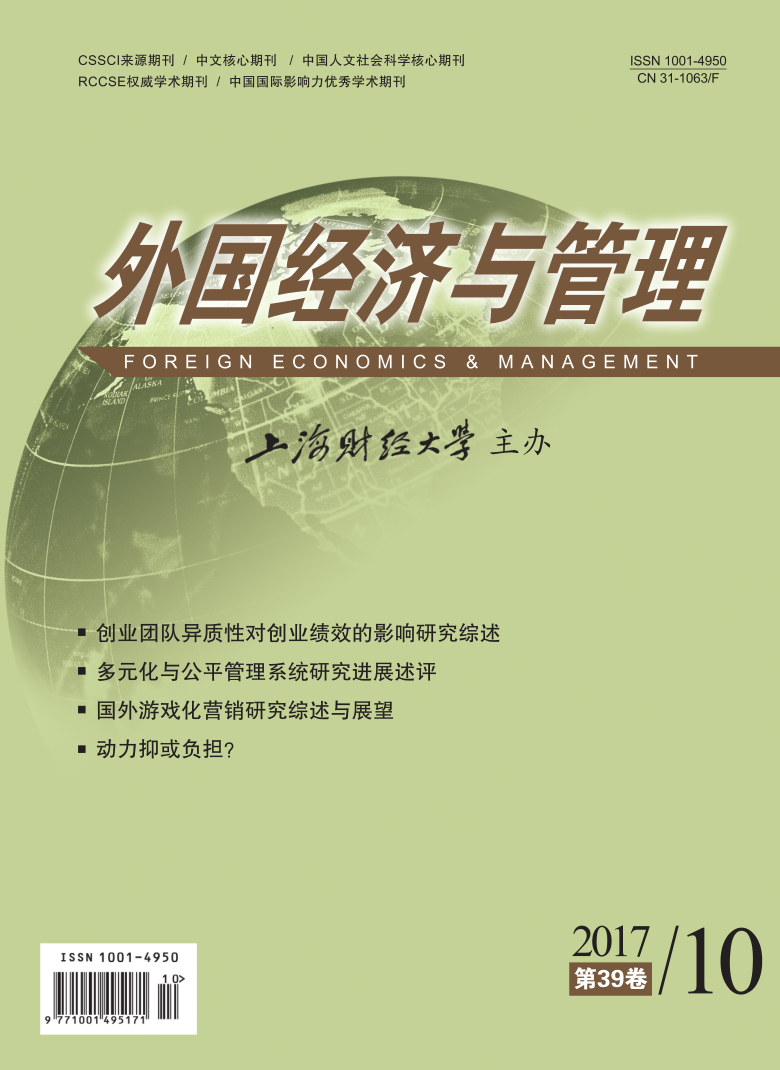Dirty work refers to tasks and occupations that are belittled, despised and disliked by the society. As occupational stigma, dirty work has negative effects on its practitioners’ work attitudes and behavior. The topic related to dirty work has been studied for half a century in the fields of western sociology, psychology, medicine, and organizational behavior, but there is short of a systematic review of dirty work research. This paper makes a brief review of dirty work research. Firstly, it introduces and analyzes the definition, characteristics and classification of dirty work. Then it systematically induces the measurement tools of dirty work. Secondly, it discusses the effects of dirty work on its practitioners in three aspects, namely work-related identity, work pressure and work & social withdrawal. Finally, it points out future directions in classification structure, measurement tools, antecedents and function mechanisms of dirty work, and suggests that the quantitative, longitudinal, cross-level and local research should be further promoted.
 / Journals / Foreign Economics & Management
/ Journals / Foreign Economics & ManagementForeign Economics & Management
JIN Yuying, Editor-in-Chief
ZhengChunrong, Vice Executive Editor-in-Chief
YinHuifang HeXiaogang LiuJianguo, Vice Editor-in-Chief
Dirty Work: Conceptualization, Measurement and the Impact on Dirty Work Practitioners
Foreign Economics & Management Vol. 39, Issue 10, pp. 86 - 101 (2017) DOI:10.16538/j.cnki.fem.2017.10.006
Abstract
References
Abstract
Keywords
Cite this article
Zhang Yan, Li Guiqing. Dirty Work: Conceptualization, Measurement and the Impact on Dirty Work Practitioners[J]. Foreign Economics & Management, 2017, 39(10): 86–101.
Export Citations as:
For




 11255
11255  13593
13593

